Linking Words for IELTS Speaking
Table of Contents
Limited-Time Offer : Access a FREE 10-Day IELTS Study Plan!
Linking words are used to connect two phrases, sentences or ideas in a spoken or written English language text. By using linking words, you can smoothly transition from one part to the next. It allows you to elucidate in a natural, easy-flowing manner.
The linking words you use in your IELTS speaking section tell the examiner how well you know the given topic and also help the examiner to assess you based on your fluency. Thus, having the knowledge of linking words is vital for the IELTS speaking test. Students can find several examination resources online related to the use of linking words for the IELTS speaking test in pdf format.
For those who speak English often, linking words or linkers come without any effort. But you have to ensure that they are not overused. The linking words for speaking are different from that of writing.
Below are some of the linking words or connectors for IELTS Speaking.
IELTS Speaking linking words for various purposes
Here are the simple connectors in English
They are also called as conjunctions.
- And
- But
- Or
Complex connectors
When you have to add more information to the sentence, you can use the following linkers for IELTS speaking:
- Another reason is
Eg: Another reason for placing the pot outside is to get sunlight.
- Also
Eg: Also, he was interested in playing the piano.
- And
Eg: The plant needs water and sunlight.
- As well as
Eg: He was a writer as well as a soldier.
Time Phrases
When you want to describe ‘time’ in the sentence, then you can use the following IELTS speaking connectors:
- At the moment
Eg: At the moment, Tom looked like Jesse.
- Right now
Eg: I’m in a meeting right now.
- At present
Eg: At present, there are no openings in our company.
- Now
Eg: Now, we have a miniature version of anaconda called mini conda.
- These days
Eg: It is difficult to find a lotus pond, these days.
- Nowadays
Eg: Nowadays, it is quite common to be late to home.
- Before
Eg: It used to be caterpillar before.
- In the past
Eg: In the past, India was ruled by the British.
- Years ago
Eg: Years ago, I used to play tennis.
- At that time
Eg: I was not available at that time.
- Then
Eg: Then, it used to be trams, not buses.
Causes and Solutions
When you have to describe the causes and solutions of the particular topic given, you can use the following linking words for IELTS:
- Because
Eg: Because I met with an accident, I’m unable to go to the office.
- I guess it is because of
Eg: I guess it is because of the weather.
- I suppose the best way to deal with this problem is
Eg: I suppose the best way to deal with this problem is to leave him alone.
- The main reason is
Eg: The main reason for painting the windows, is to prevent it from rusting.
- It was caused by
Eg: It was caused by the waves.
- The best way to solve this is
Eg: The best way to solve this is to put it in water.
Expressing ideas
When you have to express ideas for the topic given, you can use the following linking words:
- I think one important thing is
Eg: I think one important thing is missing here.
- I think the main difference is
Eg: I think the main difference between a hen and a sparrow is that the latter can fly high.
- I guess one difference is
Eg: I guess one difference between the twins is the colour of their eyes.
Giving examples
When you have to give examples for the topic given, you can use the following linking words:
- For instance
Eg: They must be creative. For instance, look at this statement.
- Like
Eg: He looked like his father.
- For example
Eg: For example, look at this piece of jewellery.
- Such as
Eg: He has worked for big companies such as DABC.
Being clear
When you have to clearly state a sentence, you can use the following linking words:
- What I want to say is
Eg: What I want to say is, they don’t look alike.
- As I was saying
Eg: As I was saying, you should submit your taxes.
- What I mean is
Eg: What I mean is, you should not get scared of dogs, else they will bite you.
Contrasting
When you have to explain the other side of the topic, you can use the following linking words:
- But
Eg: But, the movie was not very interesting.
- While
Eg: While you were in London, your sister moved to a new house.
- On the other hand
Eg: On the other hand, it could have been better if it was handcrafted.
- Although
Eg: Although you know it well, you need to practice.
- Or
Eg: You should go via route A or B.
For stating an opinion
While giving your opinion about the topic, you can use the following linking words:
- As far as I am concerned
Eg: As far as I am concerned, it is all well.
- In my opinion
Eg: In my opinion, the couple should discuss their problems with a lawyer.
- I believe that
Eg: I believe that it is not good to invest in gold.
- From my point of view
Eg: From my point of view, both are equal.
To express agreement
To express that you agree with the topic that is given, you can use the following linking words:
- I am in an agreement
Eg: I am in an agreement with him.
- I quite agree that
Eg: I quite agree that I’m short.
- I accept that
Eg: I accept that I should oblige.
- Exactly
Eg: Exactly! That’s what I meant.
Signposting language
Signposting language is the manner in which the speaker guides his audience through the information.
Some Signpost words
- To begin with
- However
- In the same way
- Unfortunately
- Likewise
- Similarly
- Nonetheless
- Fundamentally
- Incidentally
- Furthermore
Examples of signpost words in sentences:
To begin with, lets take a look at the eyes of the painting.
Ram had some inhibitions on driving atop the hill. However, his fears vanished later.
You should make a decoction for coffee but not in the same way as tea.
Unfortunately, his illness did not get any better.
Gap fillers in English language
They are also called as Discourse markers. Though their main purpose is to avoid fillers like “um” “ah”, they are also used to indicate emotions.
Examples:
Well, John has breathed his last after much suffering. (Indicates emotion)
I kind of like it. (not sure of)
Importance of Linking Words
There’s a reason why linking words should be used:
- The linking words or connectors or linkers help test takers structure the sentences that they are going to use, speaking on the given topic.
- The linking words also help the test takers to go on speaking until the examiner asks him/her to stop. They also give you ideas which you can add while framing the sentence.
- The linking words can be used when you have to highlight while speaking. You can use the linking words in the introduction and conclusion.
- By using linking words you can also phrase an example if the sentence is given is not understandable.
- The purpose, as well as the opinion of the sentence that is spoken, can be explained using the linking words.
- If you can use the linking words correctly in the sentence, then you can get 25% of the marks.
Tips for using the linking words
There are a few tips that can be kept in mind while using linking words when a topic is given. Some of them are as follows:
- Linking words cannot be used everywhere. When the examiner asks you to talk about yourself it is advisable not to use linking words.
- The usage of linking words in the speaking test is completely different from the usage of linking words in the writing test.
- The linking word ‘Like’ can be used only during speaking, while giving examples. It is not advisable to use the linking word ‘Like’ while writing.
- You will not get a high score only based on how many times you have used the linking words. There should be some content which impresses the examiner to give a high score.
- The linking words must come naturally while speaking.
Hopefully, this article will help you understand the use of linking words. In order to improve your expertise on the topic, you can refer to study material and pdf files on the use of linking words for the IELTS speaking test available online.
Speaking Part 2 Model Answer – Cue Card
Describe your favourite movie
You should say
- When and where you saw it?
- What type of film it was?
- What the film was about?
- And explain why it is your favourite film?
To begin with, the very question of “What is your favourite movie?” to a cinephile like me is a tough query. What I mean is there are countless parameters and factors that determine a particular individual’s preferred movie or film. As far as I am concerned, the best piece of cinematic work created and my personal favourite is ‘Pulp Fiction’ written and directed by Quentin Tarantino, one of my favourite filmmakers. Although there are several other filmmakers like Martin Scorsese, David Fincher, Stanley Kubrick, Charlie Chaplin, Ari Aster, The Safdie Brothers and many more whose work I admire and would have liked to pick as my favourite film, I think Pulp Fiction was one of the first films that made me realize my passion for cinema. In the past, I never paid much attention to the genre or language of the film I was watching. I believe that it was during my final years of high school that I started watching movies and television series with greater enthusiasm. Another reason is that once I had my own personal computer, I could watch films in my spare time, which was not possible before I graduated from Class 12. I came across Pulp Fiction as I was searching for films that had a high IMDb rating during this time and found Pulp Fiction in the top 10 of the list, I downloaded the film right away on the desktop and began watching it. I remember being entranced by the immaculate cinematography and the unique style of narration used by Quentin Tarantino. It was a drama film that revolved around one day the life of a few characters. In my opinion, Pulp Fiction has some of the most stunning shots in cinema and also some of the greatest soundtracks, which are also my favourite features of the film. I quite agree that it might not be the greatest film ever made or even the best work of Quentin Tarantino himself, nonetheless, Pulp Fiction is my favourite film.
| Linking Word | Type of Linking Word |
|---|---|
| To begin with | Signpost words |
| What I mean is | Focusing Connectors |
| And | Simple Connectors/Conjunctions |
| Or | Simple Connectors/Conjunctions |
| As far as I am concerned | For stating an opinion |
| Although | Contrasting |
| In the past | Time Phrases |
| I believe that | For stating an opinion |
| Another reason is | Complex connectors |
| In my opinion | For stating an opinion |
| I quite agree that | To express agreement |
| Nonetheless | Signposting language |
See also:
Frequently Asked Questions
What are linking words?
Are the linking words in speaking the same as that of writing?
Do linking words boost your score in IELTS speaking?
What is the right usage of linking words?
What are some of the linking words for IELTS speaking pdf
Explore IELTS Speaking
Start Preparing for IELTS: Get Your 10-Day Study Plan Today!
Explore other Speaking Articles
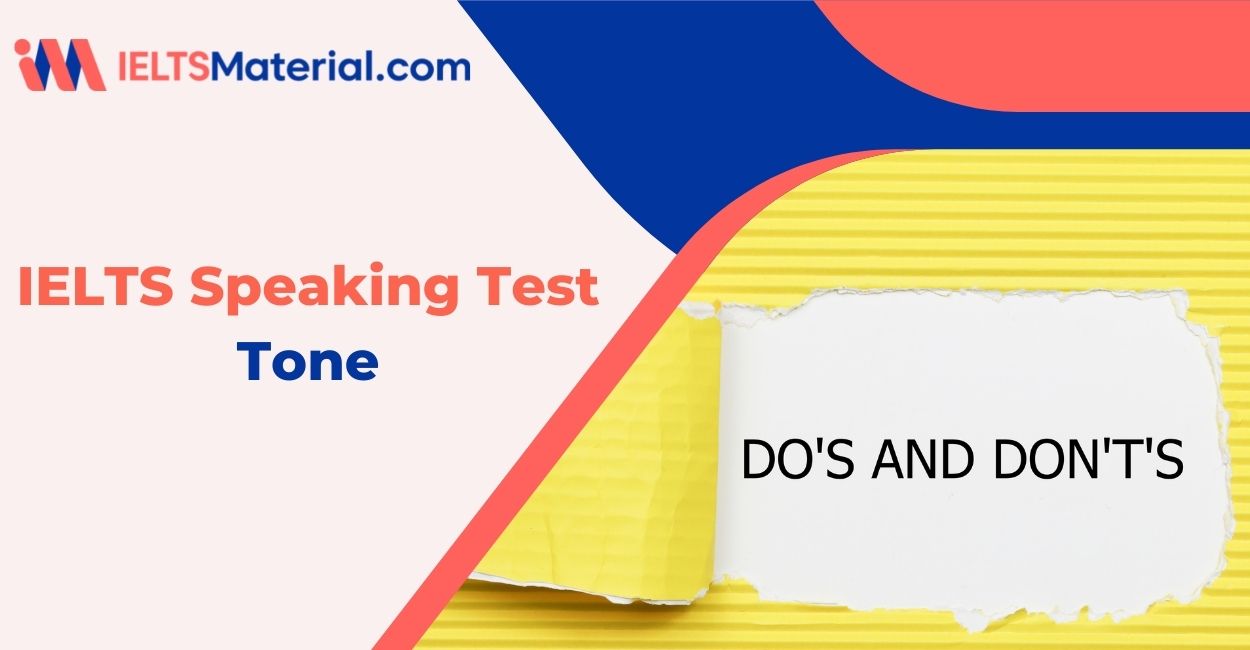
Zuhana

Courtney Miller
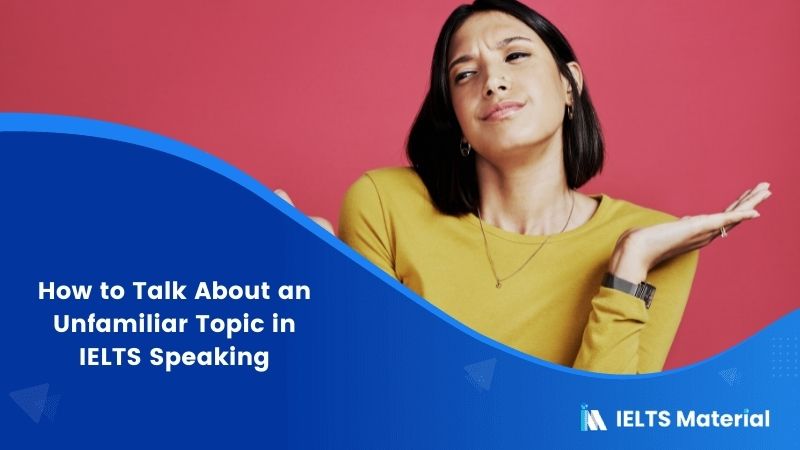
Janice Thompson
Recent Articles

Nehasri Ravishenbagam
Janice Thompson
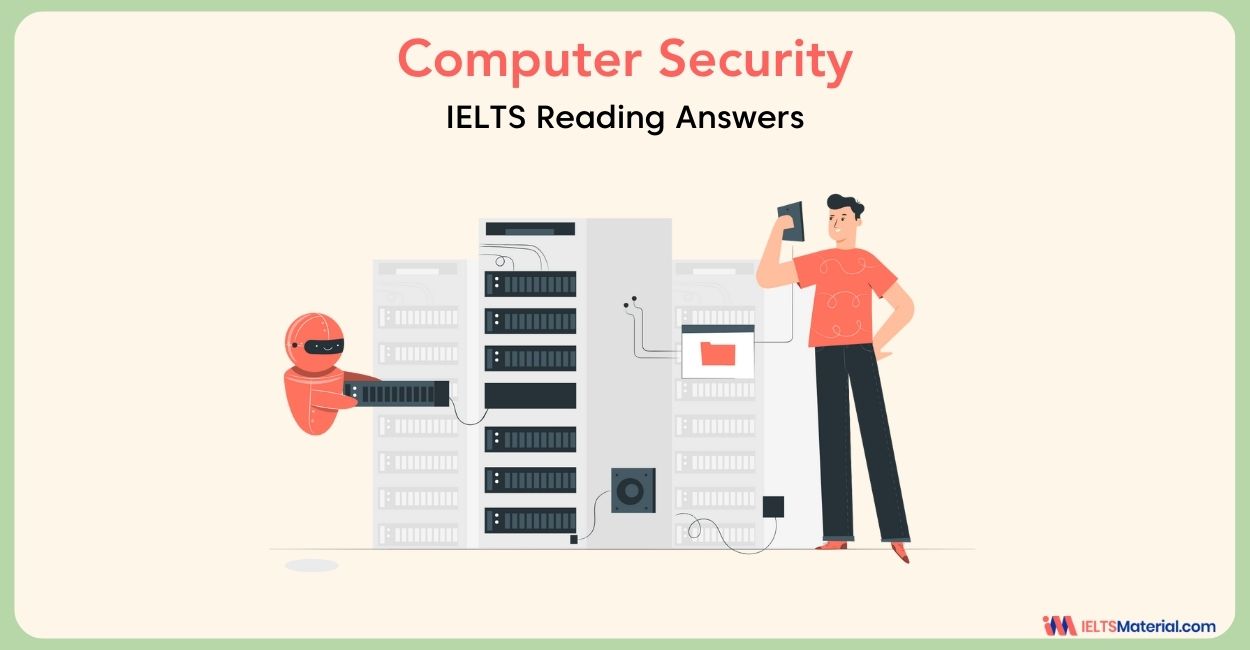
Raajdeep Saha
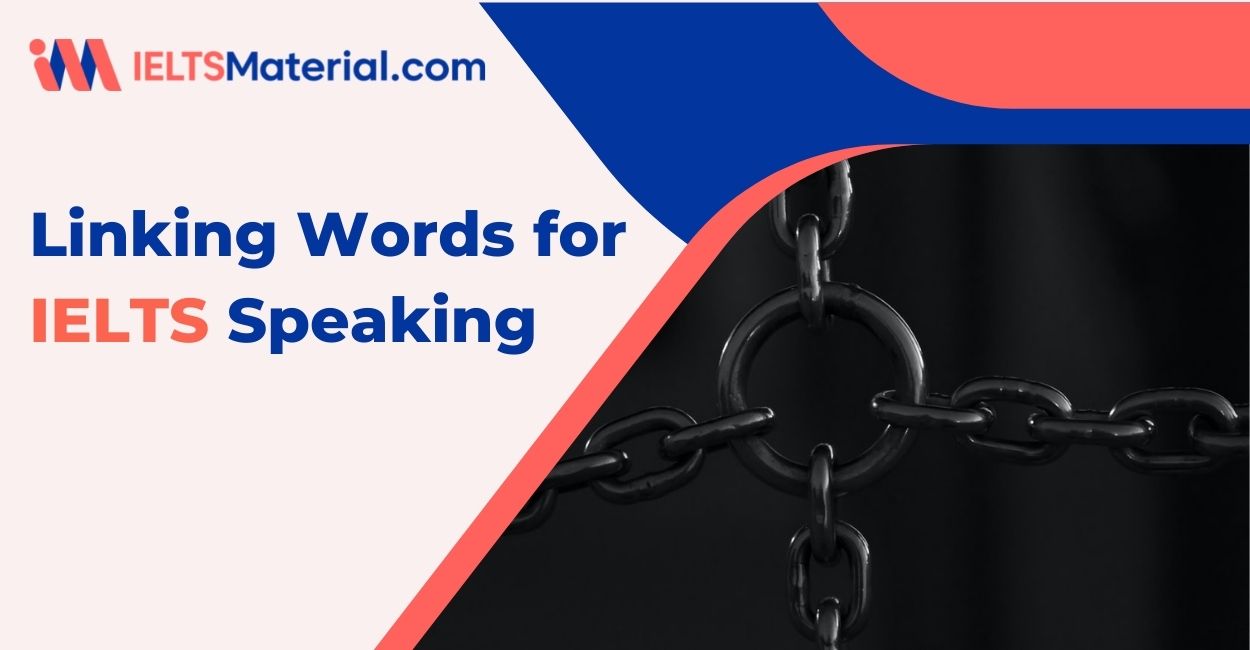
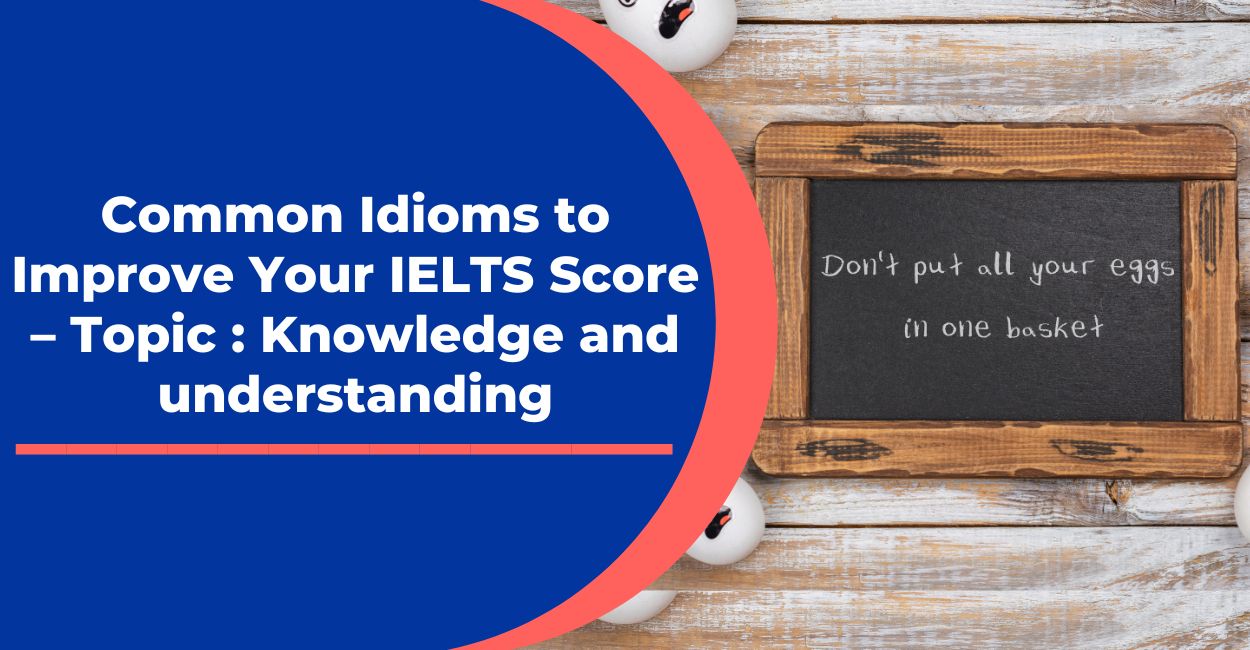



Post your Comments
1 Comment